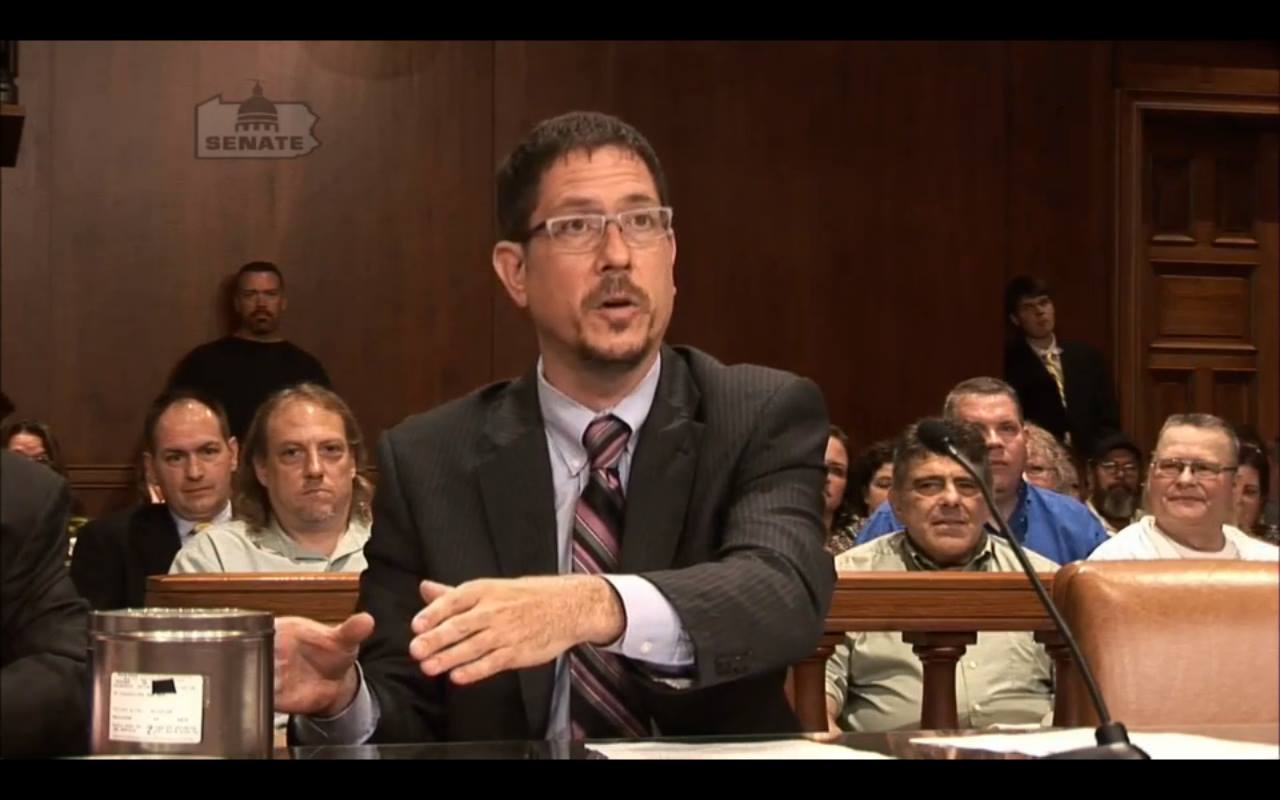Experienced Federal Crime Attorney: Specialist Defense in Federal Crime Situations
Experienced Federal Crime Attorney: Specialist Defense in Federal Crime Situations
Blog Article
Demystifying the Process of Federal Appeals: What You Required to Know
Browsing the complex world of government appeals can commonly appear like going across undiscovered waters for those unfamiliar with the process. Recognizing the nuances of appellate court jurisdiction, the complexities of submitting a notice of charm, presenting an engaging brief, and making an influential dental debate are important components that can dramatically impact the result of a situation. By unraveling the layers of complexity surrounding federal charms, people can get a more clear insight into the systems that govern this critical point of the legal system.
Understanding Federal Appeals Process
Exploring the elaborate world of the government charms procedure unveils a organized and systematic trip through the judicial system - federal mortgate appeals. Federal allures act as an essential system for evaluating choices made by lower courts. Recognizing this process is important for any person included in legal process at the federal level
The procedure normally begins with a party dissatisfied with a reduced court's judgment submitting a notice of appeal. This causes an evaluation by a higher court, where a panel of judges evaluates the lawful disagreements presented by both celebrations. Briefs outlining the lawful thinking behind each event's setting are sent, and oral arguments might be heard to make clear complex issues.
The appellate court's decision is based on an extensive assessment of the lower court's procedures and the arguments provided. As soon as the appellate court reaches a decision, it can affirm, turn around, remand, or customize the lower court's judgment, supplying clearness and finality to the lawful dispute.
Appellate Court Territory Discussed

Appellate courts have jurisdiction over details types of situations, generally those including legal errors, procedural concerns, or questions of legislation as opposed to valid conflicts. The jurisdiction of appellate courts is usually outlined in laws and regulations that regulate the court system. Recognizing appellate court jurisdiction is important for events associated with the appeals procedure as it identifies whether a case is eligible for review and the extent to which the appellate court can intervene in the lower court's choice.
Declaring a Notice of Allure
The initial step in starting the government charms process includes filing a Notice of Allure with the ideal appellate court. federal antitrust appeals. This crucial file officially alerts the court and the various other celebrations associated with the instance that the appealing celebration intends to look for an evaluation of the lower court's choice. Filing a Notice of Appeal is a strict step-by-step requirement that establishes the appellate process moving
When preparing the Notice of Charm, it is crucial to make certain conformity with the certain guidelines and guidelines of the appropriate appellate court. The paper needs to typically include info such as the situation name, the lower court's name, the date of the judgment being appealed, and a succinct declaration suggesting the grounds for the appeal.
When submitting a Notification of Allure,Timeliness is of the essence. Missing the deadline for submitting this document can result in the charm being rejected, underscoring the value of accurate and prompt initiation of the allures procedure. It is recommended to seek legal assistance to browse the intricacies of submitting a Notification of Charm effectively.
Instruction and Dental Disagreement
In the appellate process, offering created briefs and engaging in oral arguments play pivotal duties in supporting for the appealing party's placement prior to the appellate court. Briefs are comprehensive legal records that outline the celebrations' debates, lawful authorities, and analysis sustaining their placements. These created entries provide the court with a comprehensive understanding of the facts of the case, the relevant legislation, and why the appealing party believes the reduced court's choice should be rescinded.
Complying with the entry and evaluation of the briefs, dental debates supply the parties a possibility to more clarify their placements, address any type of inquiries the appellate judges may have, and emphasize bottom lines from their written briefs. Oral debates are a chance for the lawyers to convince the judges through spoken campaigning for and actions to queries from the bench.

Receiving the Appellate Court Decision

Final Thought
In final thought, the government appeals process is a complicated but critical action in seeking justice. Comprehending the appellate court territory, filing a notice of allure, preparing briefs, and offering oral disagreements are all essential parts of this process. Eventually, obtaining the appellate court choice can offer quality and resolution to legal conflicts. It is essential to navigate the government allures procedure with persistance and attention to information to attain a reasonable result.
As we advance from understanding the government appeals procedure to exploring the details of appellate court territory, a fundamental aspect comes to light relating to the authority and limitations of these greater courts in the legal landscape. Appellate court jurisdiction refers to the scope of instances that a particular appellate court has the power to evaluate and determine upon. Unlike test courts that hear situations for the initial time, appellate courts are limited to reviewing choices made by lower courts. Recognizing appellate court jurisdiction is important for celebrations involved in the appeals procedure as it determines whether a situation is qualified for evaluation and the extent to which the appellate court can intervene in the reduced court's choice.
Whether the appellate court verifies, reverses, or remands the reduced court's decision, recognizing the ramifications of the ruling is crucial for all celebrations involved in the appellate procedure.
Report this page